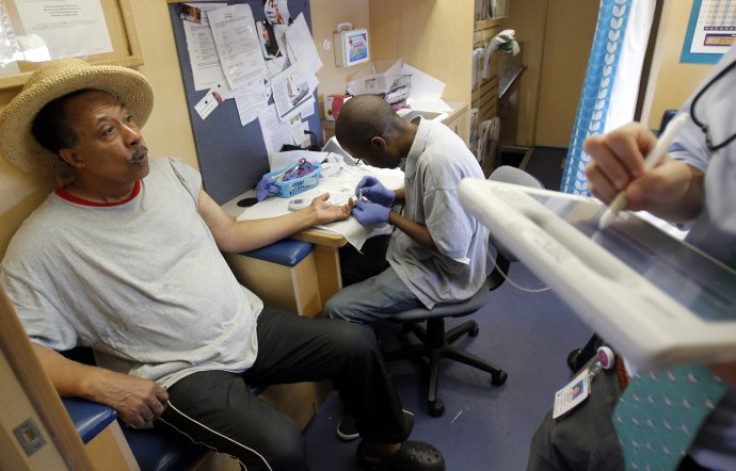Digoxin 'Linked to Increased Risk of Death for Heart Patients with Atrial Fibrillation'

Digoxin, which is used as treatment for patients with atrial fibrillation, could have links to a higher risk of death, researchers at the Stanford University School of Medicine have suggested.
Unlike other safer drugs used to treat atrial fibrillation - a rapid and irregular heartbeat - digoxin hasn't been rigorously tested. Derived from digitalis lanata or 'woolly foxglove', Digoxin slows the heart rate but does not correct it to a normal rhythm.
Lead author Mintu Turakhia, MD, assistant professor of cardiology at Stanford and director of cardiac electrophysiology at the Veterans Affairs Palo Alto Health Care System, and colleagues analysed records from 122,465 patients who were diagnosed with atrial fibrillation from the US Department of Veterans Affairs healthcare system between 2003 and 2008.
Doctors had prescribed digoxin to 23% of the patients, and 70% of those patients were still on the drug one year later.
The study found that patients treated with digoxin were 20% more likely to die than patients prescribed other therapies.
Researchers said this conclusion was regardless of age or use of other drugs such as beta-blockers, amiodarone or warfarin or the presence of other factors such as kidney disease, heart attack or heart failure.
The patient pool studied was predominantly male, said Turakia, acknowledging additional studies were required to consolidate the results.
"We are not asserting this drug should never be used," he said. "However, in light of the many other drugs that can be used to slow down the heart rate in atrial fibrillation, patients and providers need to ask whether digoxin should be the treatment of choice when there are other, safer drugs."
© Copyright IBTimes 2024. All rights reserved.





